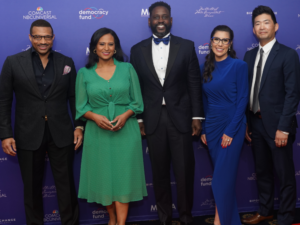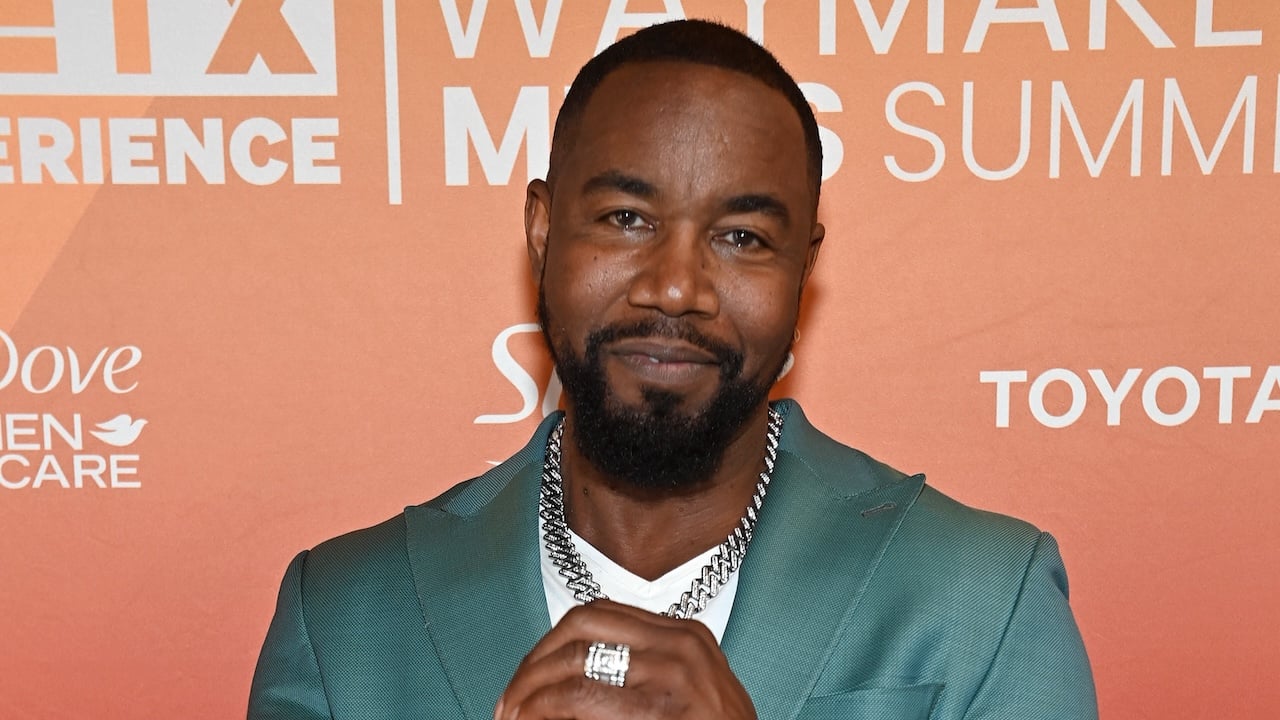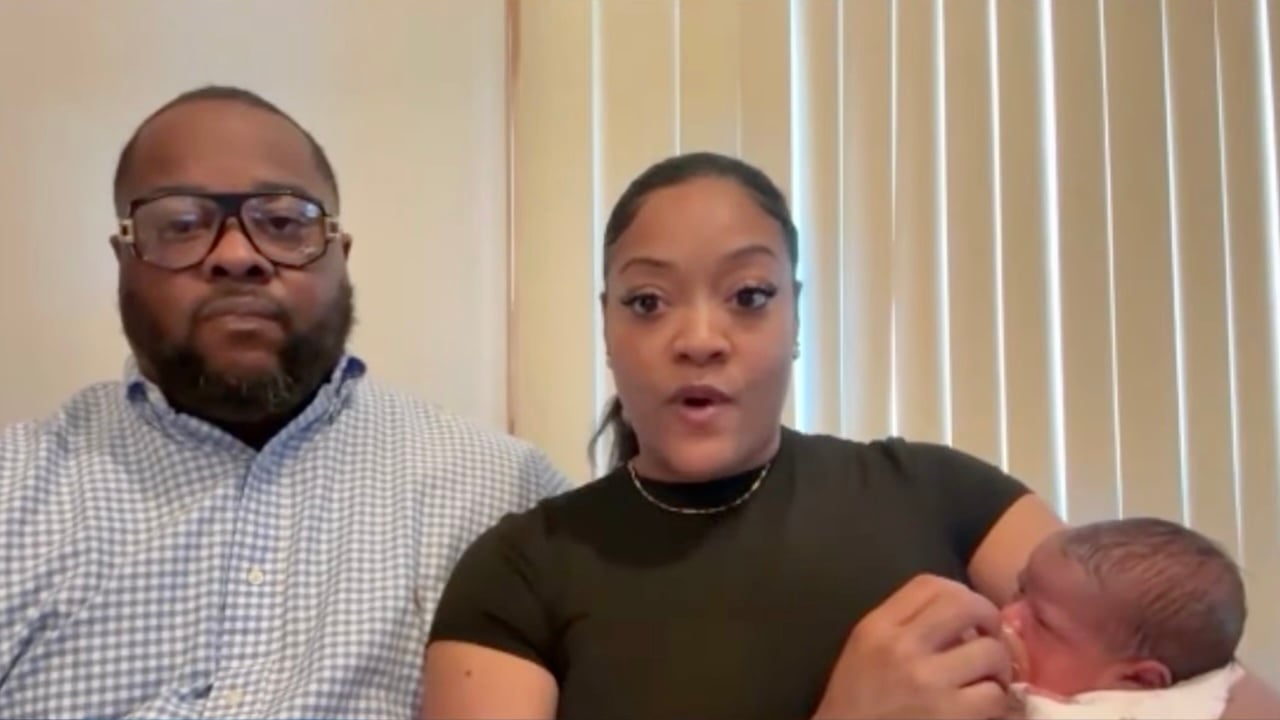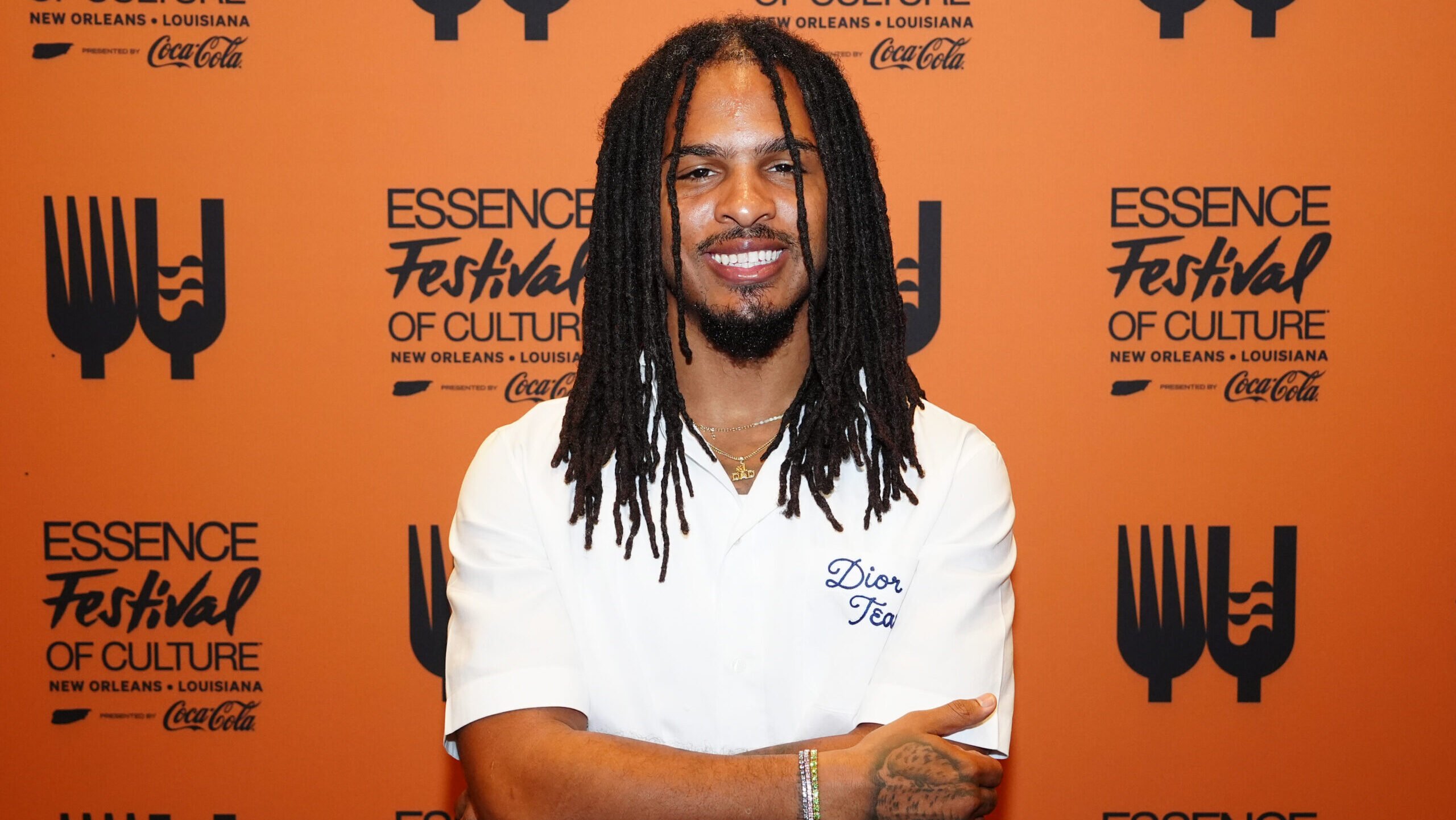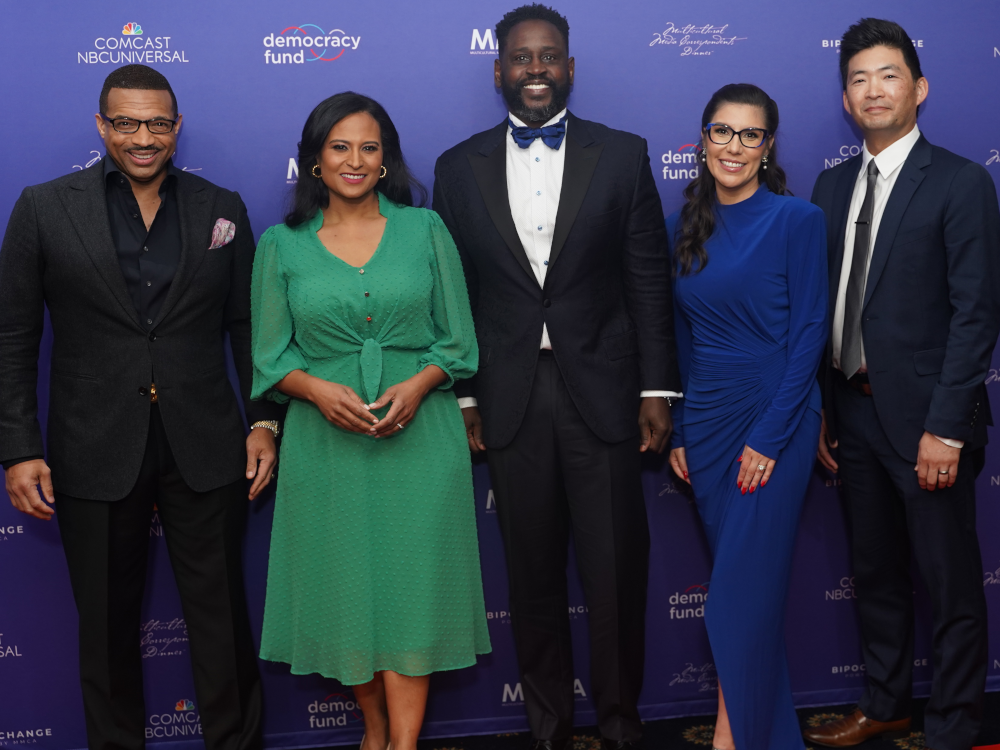
In a vibrant celebration of diversity and inclusion, the Multicultural Media & Correspondents Association (MMCA) recently hosted the 8th Annual Multicultural Media Correspondents Dinner (MMCD) at the prestigious National Press Club in Washington, D.C.
The event gathered luminaries and influencers from the media industry, policymakers, executives, and advocacy organizations to honor the exceptional contributions of BIPOC (Black, Indigenous, and People of Color) media professionals.
MMCA President David Morgan said, “We have broken down structural barriers and will continue to make changes in the media space. It is our calling.”
The MMCD event, hosted by comedian, author, and actress Aida Rodriguez, recognized outstanding figures whose careers have paved the way for the next generation of BIPOC media stakeholders.
Licy DoCanto, a board member of the MMCA, said, “We are connecting the dots for financial institutions to recognize that BIPOC media is essential to a healthy economy.”
According to a study conducted by AIMM in partnership with MAVEN/Media Framework, diverse-owned media (DOM) spending totaled $1.4 billion, compared to $94.0 billion for all media.
“Who controls your voice is who tells your story,” DoCanto said. “We want to ensure that DOM outlets receive the capital needed to unleash their advertising potential and tap into the billions spent on multicultural marketing.”
Among the distinguished honorees were Kristen Welker, host of NBC’s Meet the Press; Phil Yu, creator of “The Angry Asian Man” blog; Sylvia Banderas Coffinet, CEO of Latino Media Network; and Dr. Rashad Richey, host of TNT’s Indisputable.
The Power of Multicultural Media
At the heart of this celebration lies a profound truth: multicultural media plays a pivotal role in our society. It is a powerful tool for underrepresented communities to tell their stories authentically, preserving their cultural heritage and challenging stereotypes.
“I learned the importance of seeing people on TV who look like me and went through similar experiences,” Welker said. “It is this commitment to dismantling barriers and championing diverse voices that makes events like MMCD invaluable.”
In a world where narratives shape perceptions, multicultural media stands as a beacon of truth, authenticity, and representation.
“Our stories are often told as punchlines, and our characters are relegated to sidekicks or supporting players,” Yu said.
The BIPOCXChange (BXC)
A groundbreaking digital ecosystem, the BIPOCXChange platform empowers Black- and Brown-owned media outlets, providing them tools to unleash their untapped market potential as trusted information providers for vast audiences. BXC fosters coalition-building among BIPOC media advocacy organizations, shapes media policy, facilitates engagement between policymakers and media stakeholders, offers assistance to BIPOC media professionals, and celebrates their excellence.
“The BIPOCXchange is about connection and sharing the three E’s that make our society what it is – experience, exposure, and empowerment,” Richey said.
As represented by BXC, multicultural media not only connects communities but also serves as a bridge between entities wanting to support these voices, and the media outlets themselves.
“Telling more diverse stories is how we build a more tolerant, compassionate, and equitable society, and who gets to tell those stories matters,” Coffinet said.
As we celebrate these achievements, let us embrace the undeniable truth: empowering BIPOC media is not just a matter of diversity and inclusion — but an essential step toward a richer, more vibrant, and representative media landscape.
RELATED CONTENT: Leading The Push For Media Diversity


